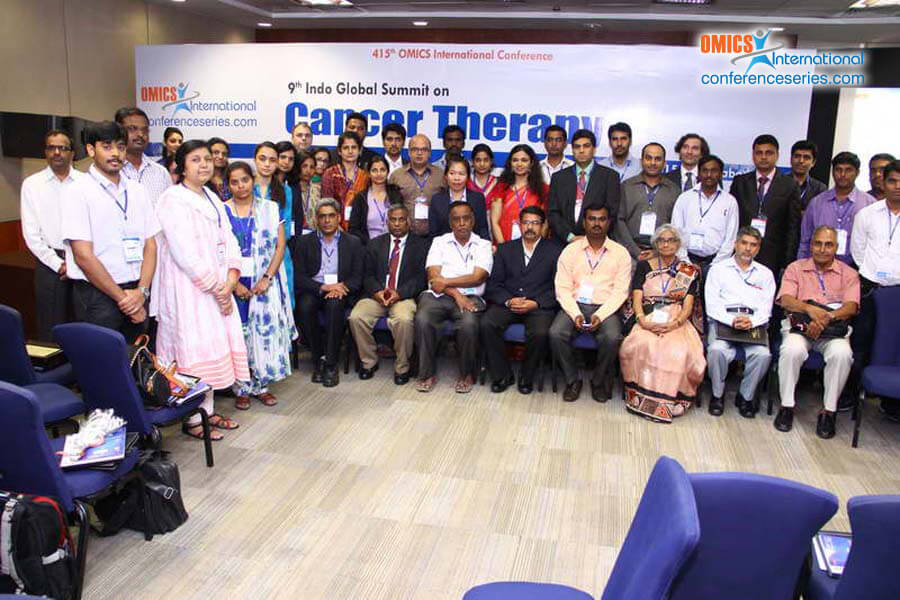
Rahul Krishnatry
Mazumdar Shaw Cancer Centre Narayana Health
Title: Increased mortality in adult survivors of childhood low grade glioma treated with radiotherapy: A population based study
Biography
Biography: Rahul Krishnatry
Abstract
Determinants of long-term survival in adult survivors of pediatric low grade glioma (PLGG) is largely unknown. We sought to uncover clinical and treatment-related risk factors impacting long-term survival in PLGG. This was a retrospective population based study where collected long-term follow-up information for all PLGG patients diagnosed in Ontario, Canada from 1985-2012 (n=1202) and determined factors affecting long-term survival. The impact of upfront radiation treatment on overall survival was validated against an independent cohort from the Surveillance, Epidemiology and End Results (SEER) database (n=2402). At a median follow-up of 12.73 (0.02-33) years; only 93 deaths (7.7%) were recorded with 20 year overall survival (OS) of 90.1+1.1%. Children with NF1 had excellent survival. Adverse risk factors included pleomorphic-xanthoastrocytoma (p<0.001) and thalamic location (p<0.001). Upfront radiotherapy was associated with three-fold increased risk of overall late deaths (p=0.001) and four-fold increased risk of tumor-related deaths (p=0.013). In multivariate analysis radiation therapy was the most significant factor associated with late all-cause deaths and tumor-related deaths; p=0.013. This explains that PLGG have a chronic clinical course and is associated with excellent long-term survival which is hampered by increased delayed mortality in patients receiving upfront radiotherapy. These observations should be considered while deciding treatment options for these patients.

